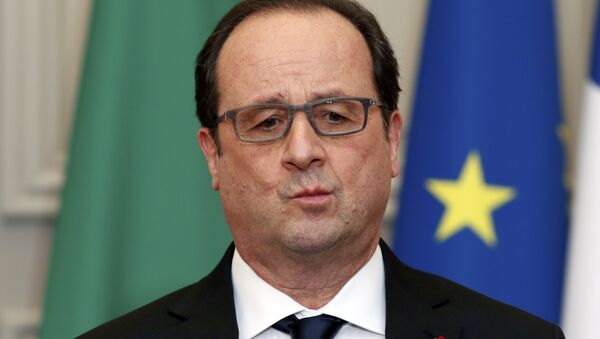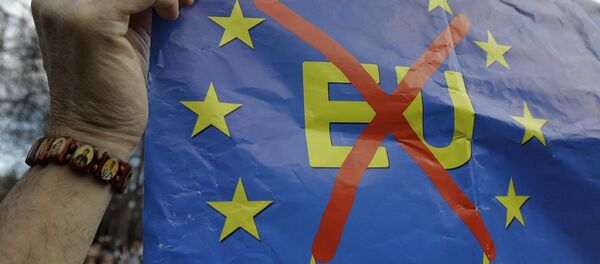Coming into office in 2012, Hollande pledged to reduce the country’s skyrocketing unemployment rates. As of 2016, France’s unemployment is roughly 10.2%, more than double that of Great Britain and Germany. Hollande has also pushed for new labor legislation that aims to strengthen the power of employers.
Earlier this month, nearly 120,000 citizens took to the streets across France to protest the new reforms. While the demonstrations began peacefully, some turned violent, with police using tear gas and stun grenades and protesters throwing stones.
These difficulties could make a reelection bid difficult for Hollande when primaries begin in November, and polls already show him struggling.
A survey conducted by TNS Sofres-OnePoint pairs politicians against leading right-wing candidates. National Front leader Marine Le Pen was found to be the overall favorite among conservative voters, largely defeating left-wing rivals as well.
Only 11% of voters want Hollande to run for reelection. Within his own Socialist party, he receives a mere 39% support. Economy Minister Emmanuel Macron would fare much better as the Socialist candidate, despite not being an official member of the party, receiving 28% approval from all French voters.
The poll shows that a number of former French leaders stand a far better chance of defeating Le Pen than the incumbent. Alain Juppe, prime minister under Jacques Chirac, is, according to many, the only candidate who could effectively defeat the National Front in the first round.
Former president Nicolas Sarkozy would place a close second behind Le Pen, receiving an estimated 24% of the vote against her 29%. Hollande would place third in this hypothetical matchup, with 16%.
Sarkozy’s prime minister Francois Fillon would also fare better than Hollande. While Le Pen would still win with 32% of the vote, Fillon would take second with 23%. The current president would receive just 14%.
Another Sarkozy cabinet member, former Agriculture Minister Bruno Le Maire, would win 21% of the vote to Le Pen’s 30%. In this scenario, Hollande would earn only 11%, settling in fourth place behind Left Party candidate Jean –Luc Melenchon.
If Hollande wants his end of the political spectrum to defeat the right, he might serve his country best by bowing out of the 2017 race altogether.




